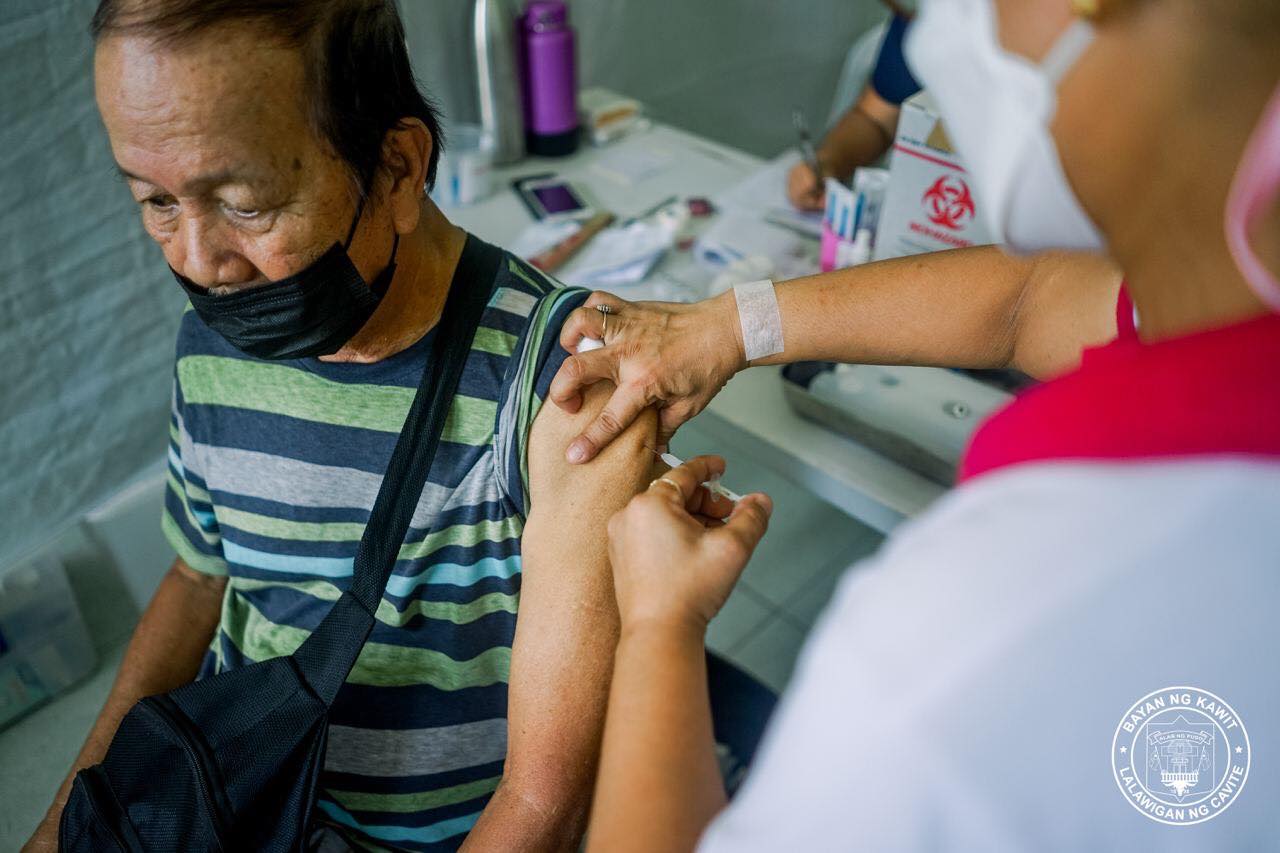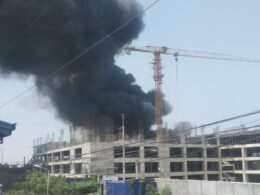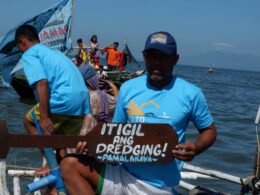(UPDATED) As the government continues its mass COVID-19 vaccination campaign, the Inter-Agency Task Force for the Management of Emerging Infectious Diseases (IATF-MEID) has released guidelines for individuals fully vaccinated against the disease.
This development was announced by Presidential Spokesperson Harry Roque during his regular virtual press briefing on Sunday, July 4.
Here is what you should know about the IATF Resolution No. 124-B, which contains the new rules for the fully vaccinated persons
Who qualifies as a fully vaccinated individual?
Under the guidelines, an individual is considered fully vaccinated against COVID-19 two or more weeks after receiving a single-dose shot or the second shot of a two-dose vaccine.
The person’s vaccine should also be among those issued with an emergency use authorization or a Compassionate Special Permit (CSP) by the Philippine Food and Drug Administration or is among those on the World Health Organization’s Emergency Use Listing.
So far, vaccines that already met this requirement are produced by Pfizer and BioNTech, AstraZeneca, Sinovac, Moderna, the Gamaleya Research Institute, Johnson & Johnson, and Bharat Biotech.
Where can fully vaccinated individuals travel?
Interzonal travel refers to the movement between areas under different community quarantine classification while intrazonal travel refers to the movement between areas under the same community quarantine classification.
The Department of Health on Wednesday, July 7 said authorities will review the IATF Resolution 124-B which indicates that presenting vaccination cards will suffice for the interzonal travel of fully vaccinated individuals instead of COVID-19 swab testing.
This means that the previous IATF Resolution 101 remains in effect for now until officials finally ironed out the new policy.
Under the said resolution, COVID-19 swab testing for travelers is not mandatory, but the local government units (LGUs) can make it a requirement before entry into their jurisdiction. Nevertheless, LGUs could also decide that a vaccination card is enough to pass borders.
All travelers need to undergo health and exposure screening protocols upon arrival at their destinations.
Earlier in June, the task force has only allowed intrazonal travel for fully vaccinated senior citizens living in GCQ and MGCQ areas.
How long is the quarantine period for fully vaccinated close contacts of COVID-19 cases?
The IATF-EID, moreover, has shortened from 10 to seven days the quarantine period for fully vaccinated individuals who were close contacts of COVID-19 positive patients. However, this is only allowed if they remain asymptomatic for the duration of the 7-day period.
Should an RT-PCR or swab test be deemed necessary, the task force said it should be done not earlier than the fifth day after the date of the last exposure.
Testing and quarantine are not required for asymptomatic close contacts who may have been traced beyond the 7th day from the last exposure.
Prescribed testing and isolation protocols shall be followed once the swab test yields a positive result, or if the individual becomes symptomatic or manifest COVID-19 symptoms.
—
The Philippines has so far tallied 2,868, 905 fully vaccinated individuals as of Sunday, July 4, way below the target of 58 million to 70 million for the country to achieve herd immunity. As of Tuesday, July 6, the country has recorded a total of 1,445,832 COVID-19 cases of whom 49, 613 remain active, 1,370,923 survived, while 25, 296 succumbed to the viral respiratory illness









